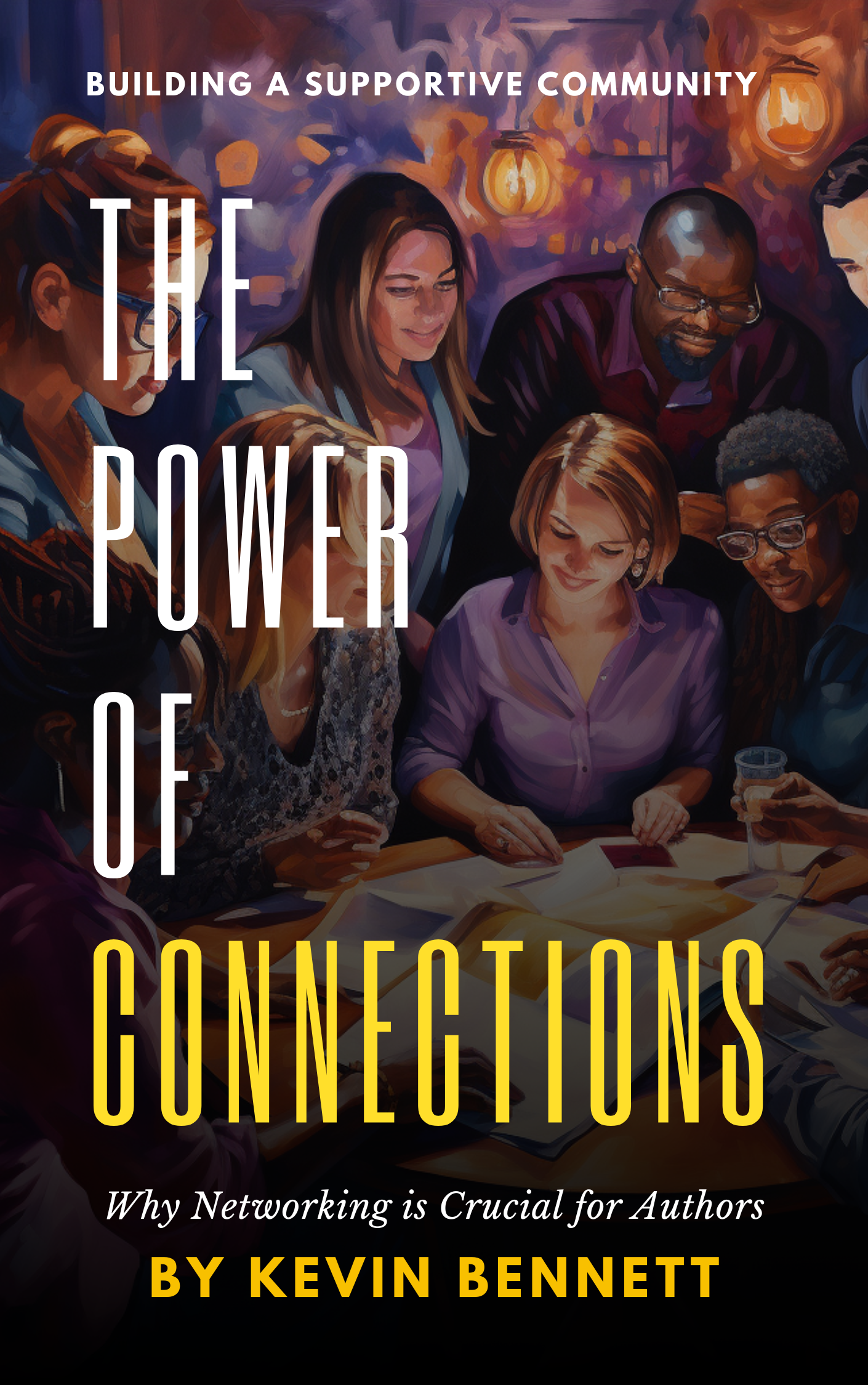Introduction: Traditional Publishing vs. Self-Publishing
In the world of book publishing, authors face a critical decision: traditional publishing or self-publishing. Each path has its own advantages and disadvantages. In this blog post, we’ll explore the differences between traditional publishing and self-publishing, helping authors make an informed choice about their publishing journey.
Traditional Publishing
Prestige:
Getting published by a traditional publisher is still considered the gold standard in the publishing industry. It can give you instant credibility and help you establish a reputation as a serious author.
Professional support:
Traditional publishers have experienced editors, designers, and marketers who can help make your book the best it can be. They can also help get your book into bookstores and other retail outlets.
Advance payment:
If your book is accepted by a traditional publisher, you will usually receive an advance payment, which can help cover your expenses while you work on your book.
Wider reach:
Traditional publishers have established distribution networks and can get your book into bookstores and libraries all over the world.
Cons:
- Limited control: When you sign a contract with a traditional publisher, you give up a lot of control over your book. They will make decisions about the cover design, title, and marketing strategy, and you may not always agree with their choices.
- Long wait times: It can take months or even years to hear back from a publisher, and even if your book is accepted, it can take a long time before it’s actually published.
- Royalties: Traditional publishers typically pay authors a royalty of around 10-15% of the book’s sale price, which is often split with your literary agent. This can be a lot less than what you could earn if you self-published.
- Rejection: Even if you’ve written a great book, there’s no guarantee that a traditional publisher will accept it. Rejection can be discouraging and can make it harder to get your book published in the future.
Self-Publishing
Pros:
- Control: When you self-publish, you have complete control over every aspect of your book, from the cover design to the marketing strategy. You can make changes at any time and don’t have to answer to anyone else.
- Higher royalties: When you self-publish, you can earn up to 70% of the book’s sale price, depending on the platform you use. This can be a lot more than what you could earn with traditional publishing.
- Faster publishing: With self-publishing, you can get your book published as soon as it’s ready, without having to wait for a publisher to accept it.
- Flexibility: With self-publishing, you can experiment with different pricing strategies, marketing techniques, and even book formats to find what works best for you and your book.
Cons:
- Quality control: When you self-publish, you are responsible for ensuring the quality of your book. This means hiring editors, proofreaders, and cover designers, which can be expensive.
- Marketing: When you self-publish, you are responsible for marketing your book and getting it in front of readers. This can be time-consuming and can require a lot of effort.
- Limited reach: Self-published books often have a harder time getting into bookstores and libraries.









